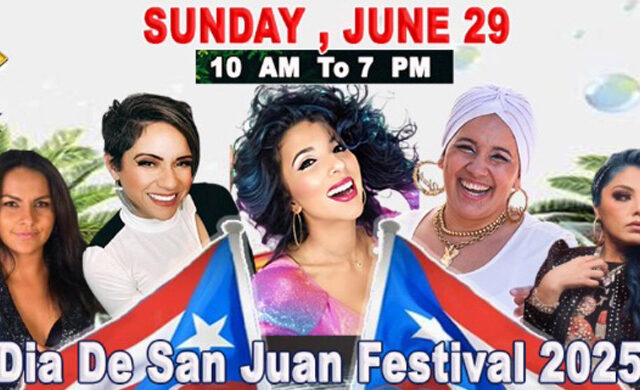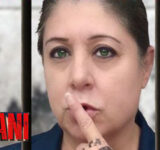By: Fredwill Hernandez
Race or ethnicity should never dictate one’s personal taste, or the kind of music one does or makes, but if you ask [West Coast] Spanish Trap artist Adrian Delgado Pulido known artistically as Troopnastyy, that hasn’t been the case.
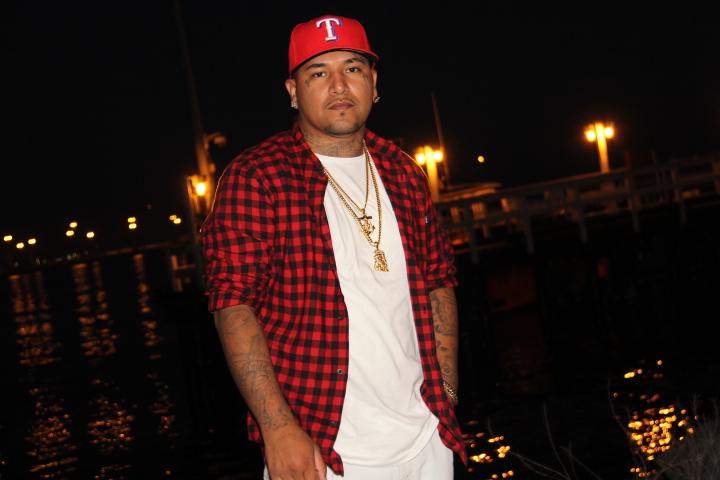
“My whole life has been controversial, if people only knew. We can go on and on how I’ve lived my lifestyle, but the thing is for the Mexicans, I’m not Mexican enough because I grew up with a certain flavor – that’s the people I surrounded myself around. For the Cubans, I’m not Cuban enough, for the Puerto Ricans, I’m not Puerto Rican enough, I’m just me,” explains the 25 year old Troopnastyy, who hails from Bell Gardens [Ca], a suburb of Los Angeles. “I feel like if your put in a certain environment you are forced to adapt and that’s exactly what I did, but people don’t understand that they just say oh’ your blood is Mexican, then you belong here. They want to segregate me and say’ you belong here, but then again they talk about equality and they don’t give me the equal chance that they give someone else just because my lane is a little different.”
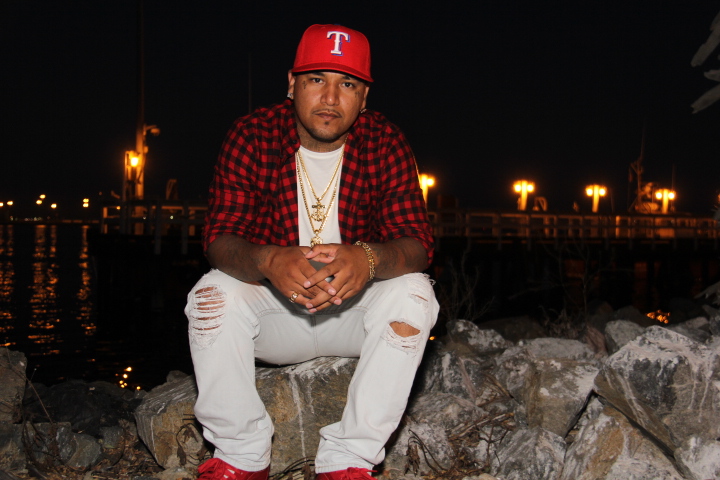
Reality [in my opinion] is that there’s nothing new under the sun, and before Troopnastyy was even conceived, there were things happening that would give birth and shape the kind of music [Trap] he would later embrace and create.
The 80s were important and transformative years to both [the East and West Coast and] the birth of Hip-Hop, and other political and illegal [and contradictory] events that took place [here] in The United States.
As Ronald Reagan our 40th President took office Jan. 20, 1981, he painted a [fictitious] picture of cracking down on drugs by having the First Lady Nancy Reagan, who joined [then] Los Angeles Police Chief Daryl Gates, in televised drug raids in Los Angeles [Ca.], by using the LAPD’s battle ram to raid drug [crack] houses and divert attention to what was really going on.
Simultaneously, and even before, major players in [Pres. Reagan’s] National Security Council [NSC], who were in violation of the US Congress’ Boland Amendment [s], were [dealing] selling arms under the direction of the NSC through US Col. Oliver North, who made sure orders got carried out and with a pretext of hoping to [further] fund Contra militans based in Honduras, who were waging gorilla war to topple the Sandinista National Liberation Front [SNLF] revolutionary government of Nicaragua and were using those same planes, and those of Juan Matta Ballestero’s [SETCO] that carried supplies and guns to the Contras, to smuggle cocaine. When these secrets became known, among arms [also] being sold to Iran through Israel, to have Iran facilitate the release of [US] hostages held by Hezbollah in Lebanon, it became known as the Iran Contra Scandal.
This cocaine [eventually] fueled the crack epidemic of the 80s in South Central Los Angeles and other cities across the country and is still prevalent today. What are known as drug [crack] houses in LA [Los Angeles], became known as Trap houses in Atlanta, Georgia. This drug culture fuelled by poverty, crime, and gangs, subsequently gave birth to what others, including Troopnastyy would embrace [as their reality] to be known as and found in [his case Spanish] Trap music.
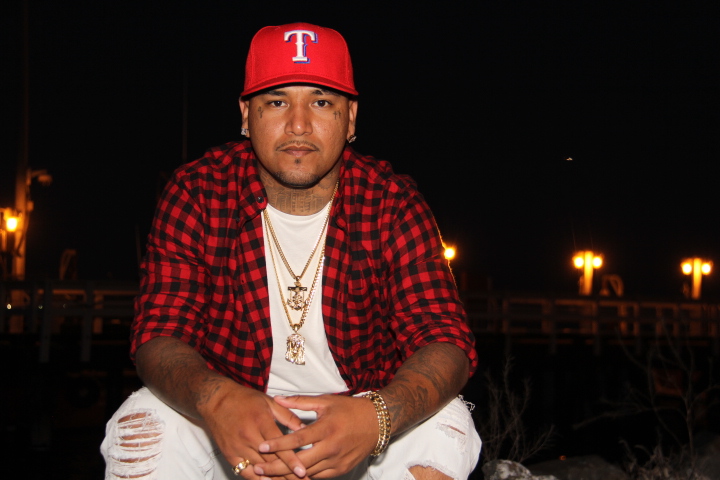
“As far as Trap basically I feel that’s a lifestyle, so it wasn’t I was trying to do some type of music, I just wrote and when I hit the studio – that’s the way it came out. I didn’t have any vision to the way I wanted it to sound, it just turned out that way.” eloquently explained Troopnastyy during a photo shoot for this article, in San Pedro, Ca. – in which his admiration for the color red and tattoo’s were evident. “As far as the Reggaeton flavor, or the Puerto Rican flavor that people feel I try too hard. I grew up with a lot of people, I was in the studio with some [Puerto Rican] dude named Sami Cultura that was popping back then and that was one of my mentors, and that’s who I looked up to, and all the people I hung with were either from South America, Puerto Rico or Cuba. I was the only Mexican in that group and that’s where I got my flavor from, but never intentionally did I do it to sound like them, It just came out that way just because I grew up with and around them.”
Today, Troopnastyy is not focused on his [turbulent] upbringing, the past, any negativity, or even [his music’s] criticism, since he’s too focused on raising his 7 year old daughter and on the [upcoming] release [in two days] of his Spanish Trap [EP] titled El Nacimiento, [Spanish for the The Birth] under the direction of B.Y.I. [Beyond Your Imagination], Founder /CEO Luis “LuLu” Torres, who once was behind Omar Cruz‘s [historic] joint venture with Interscope/Geffen, a deal that materialized in 2006 with the help of famed tattoo artist Mister Cartoon and his business partner Estevan Oriol.



